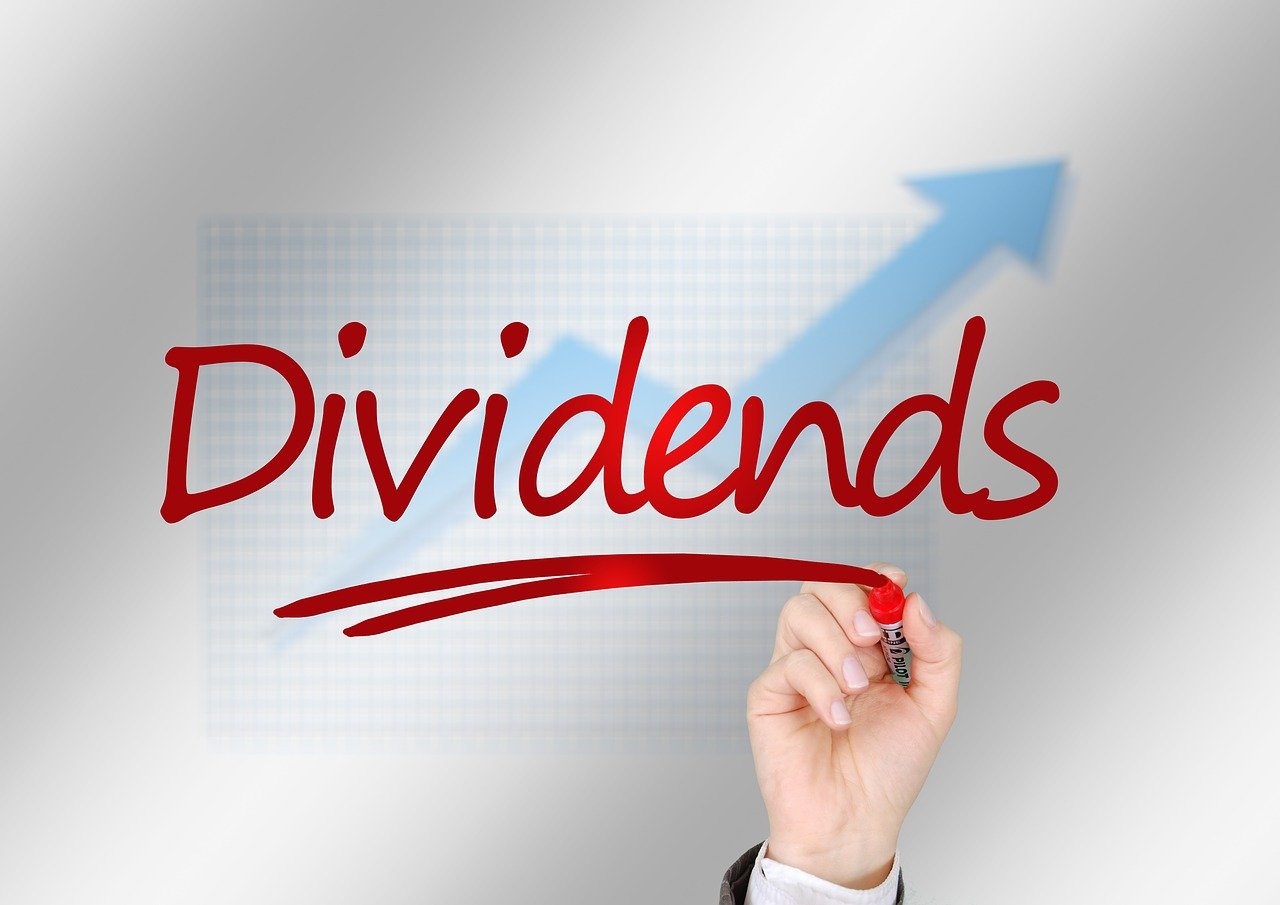When it comes to planning for retirement, most people focus on how much they’ve saved and what kind of return they can expect from their investments. But there’s another factor that can have a dramatic impact on your financial security in retirement – and that’s the sequence of your investment returns.
This concept, known as sequence of return risk, refers to the idea that the order in which your investment returns occur can have a significant effect on how long your money lasts. Even if, over the long term, the market delivers the same average return, the journey matters – especially in the early years of retirement. If the sequence of returns is unfavourable, there is a danger that withdrawals during the “bad” years early on could deplete the portfolio before the “good” years show up.
The “Danger Zone” in Early Retirement
The first few years after you stop working are considered the most vulnerable period for sequence risk. This is because you’ve just started drawing on your pension and other investments, and your retirement fund is still at its largest. If your portfolio suffers losses during this time, those withdrawals can lock in losses and reduce the amount left to grow when the markets recover. Essentially, you’re spending money from a shrinking pot, and it’s much harder for a reduced portfolio to bounce back.
Recent research by Morningstar in their State of Retirement Income report looked at this issue in detail. They analysed an all-equity portfolio -meaning one invested entirely in shares – and found that the outcomes varied significantly depending on early performance.
In the 10% of examples where retirees ran out of money before the end of retirement, nearly 70% involved scenarios where their investments had lost value by the end of year five. By contrast, retirees who experienced gains in the first five years had only a 1 in 25 chance of depleting their funds before the end of retirement. That risk dropped to just 1% by year 15. In fact, even seeing a positive return in the first year alone reduced the chance of running out of money by half.
What Does This Mean?
The key message is this: the early years of retirement really matter. While it’s very unusual to have everything in shares in retirement – most people have a more balanced mix of assets – the principle remains. Protecting your investments from early losses can make a big difference to the sustainability of your income throughout retirement.
This is why it’s important for your retirement portfolio to be structured differently to the portfolio you had when you were saving for retirement. Having a strategy in place to minimise sequence of returns risk is essential. Diversification spreads risk across different types of assets, such as shares, fixed interest stock, property, and cash. This can help cushion the blow if markets fall shortly after you retire.
Many advisers suggest a flexible withdrawal strategy is a part of the answer. Rather than withdrawing a fixed amount each year regardless of market conditions, it may make sense to adjust your income slightly when markets are down, giving your portfolio time to recover. I’m not convinced that this is practical – but it does work well in theory.
The Role of Advice
Financial advice is essential to navigate this critical phase of retirement (but I would say that, wouldn’t I!). Designing a withdrawal strategy tailored to your needs, and an investment portfolio to achieve the strategy, as well as reviewing your plan regularly to make sure you remain on track, are part of what a good adviser does in retirement. While you can’t control the markets, with the help of advice, you can control how your portfolio is structured and how you draw from it.
In Summary
There’s a reassuring takeaway here. If your investments make it through the first few years of retirement relatively unscathed – or even with some positive returns – the odds of running out of money drop sharply. In fact, you may even have the flexibility to increase your income later in retirement if markets perform well early on.
With the right plan in place – and by giving extra attention to those first few years – you can give yourself a much better chance of enjoying a secure and comfortable retirement.
Philip Wise | philip@sussexretirement.co.uk
Managing Director and Chartered Financial Planner
This blog is for information purposes and does not constitute financial advice, which should be based on your individual circumstances.
The value of investments and any income from them can fall as well as rise. You may not get back the full amount invested.
Investing in shares should be regarded as a long term investment and should fit in with your overall attitude to risk and financial circumstances.
The value of pensions and any income from them can fall as well as rise. You may not get back the full amount invested.
A pension is a long-term investment and the value is not guaranteed. Any advice or consideration are personal to each individual’s circumstances.
A pension is a long-term investment, the value of your investment an the income from it may go down as well as up. Your eventual income may depend upon the size of the fund at retirement, future interest rates and tax legislation.
Your pension income could also be affected by the interest rates at the time you take your benefits. The tax implications of pension withdrawals will be based on your individual circumstances, tax legislation and regulation which are subject to change in the future.



